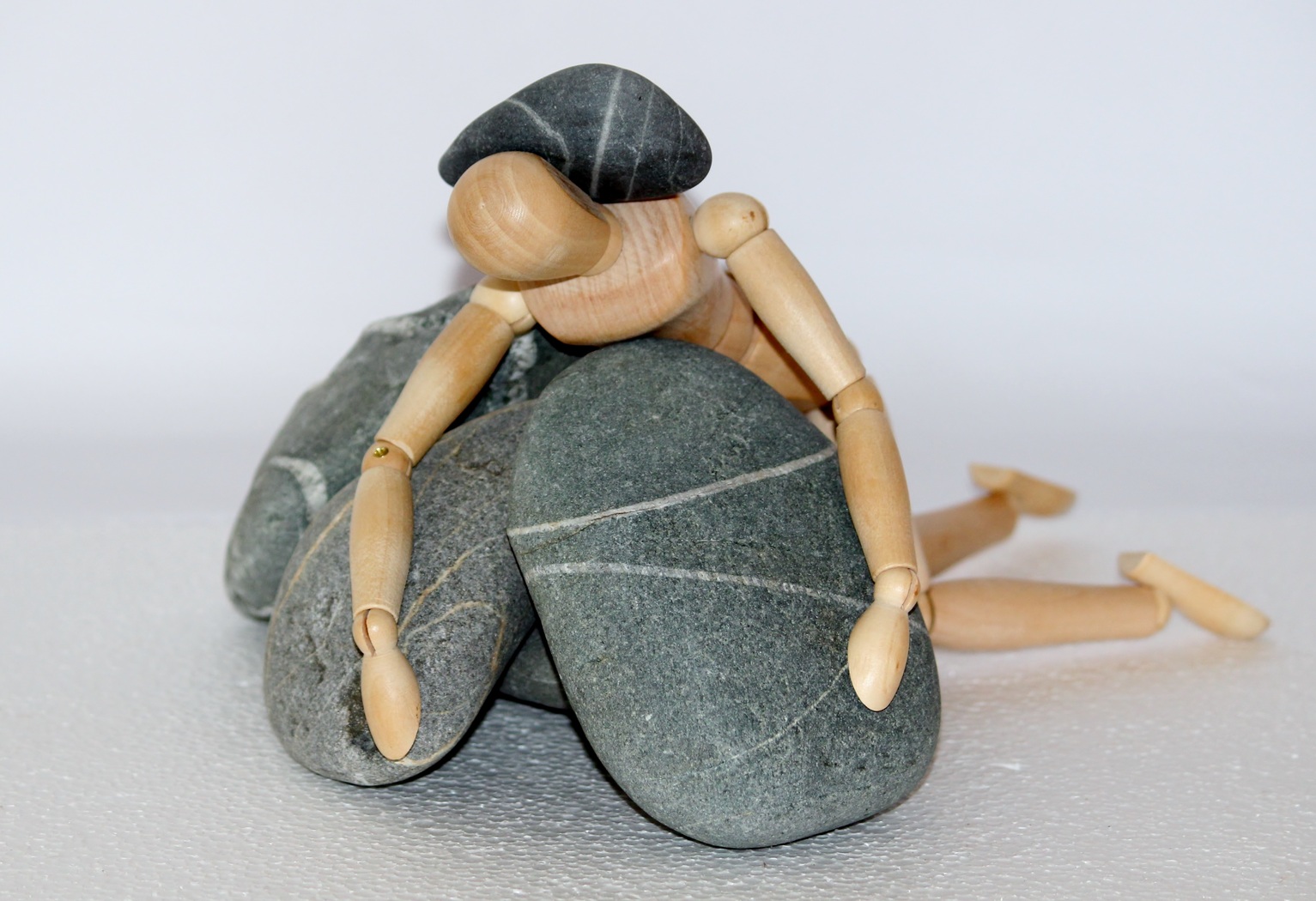When we look back on our lives, we often find moments where we behaved in ways we are not proud of. Some of these instances were times when we did not know better, acting out of ignorance or confusion. Others are harder to bear—moments when we did know better, yet still failed to live up to what we value. In both cases, the emotions of guilt and shame arise almost automatically.
These feelings are natural and necessary. Neuroscience reveals that guilt and shame are deeply intertwined with the social nature of the brain. Regions such as the insula and anterior cingulate cortex (ACC) become activated during these experiences, much like they do during physical pain (Eisenberger, 2012). The insula helps us register the internal stirrings of the body—those sinking, twisting sensations in the gut when we know we’ve done wrong. The ACC, closely linked to error detection and social awareness, adds the sharp edge of distress that tells us we’ve disrupted something vital in our relationships. Together, they act as internal alarms, reminding us of our responsibility to ourselves and to others, and signalling the need to repair what has been damaged.
Their purpose is not to trap us in regret. Instead, their true role is reflective. Guilt and shame pause us. They prompt us to ask: “What happened? Where did I fall short? What can I learn from this?”
The danger is when these emotions harden into cycles of self-condemnation. Shame can paralyse (Tangney & Dearing, 2002), and guilt, if left to rumination, corrodes our ability to move forward (Nolen-Hoeksema, 2000). Yet when we recognise and name these emotions, they can open us into wonder.
Wonder is the shift of attention that allows us to see not only the mistake but the possibility. Quietness and reflection can stir the precuneus, a region of the brain nestled in the medial parietal lobe, known for its role in self-awareness, introspection, and the integration of past experiences (Cavanna & Trimble, 2006). The precuneus is active when we engage in mental time travel—revisiting memories, imagining future scenarios, and contemplating our place in the world. It helps us construct a coherent sense of self across time, which is essential when processing guilt and shame. The precuneus is known as a life compass.
In moments of stillness, this region may light up as we begin to ask deeper questions: Who am I beyond this mistake? What values do I want to live by? What story am I telling myself—and can it change? The precuneus supports this inner dialogue, enabling us to transition from reactive emotions to reflective insights. It’s here that an internal whisper may rise, guiding us away from condemnation and toward transformation.
This shift—from guilt and shame into wonder—is not merely psychological; it is neurobiological. It reflects a movement from the pain circuits of the anterior cingulate and insula into the reflective, integrative space of the precuneus. In this space, we begin to rewrite our narrative—not to erase the past, but to reframe it with compassion and clarity. The sooner we make this shift, the better. Early movement toward wonder protects us from emotional fragmentation—where guilt and shame splinter into confusion, fear, or chronic self-blame that becomes harder to untangle over time.
Here, kindness to self becomes essential. Forgiving ourselves does not mean excusing what happened, but recognising our humanity, learning from it, and choosing not to let one failure define us. Without this shift into wonder and self-compassion, guilt and shame can solidify into disempowering beliefs: “I am broken. I am unworthy. I will always fail.” Over time, these beliefs can feed depression, anxiety, and relational disconnection.
Whenever possible, restoration completes the process. A simple “sorry,” a conversation, a fitting act of repair can turn guilt into renewed connection. Even when a complete repair is not possible, the commitment to live differently becomes its own form of restoration.
This is why the journey from guilt and shame into wonder and self-forgiveness is so vital. It opens the possibility of repair, restoration, and transformation. In Feelings Allowed (Raimundo, 2025), we wrote that emotions are not enemies but guides. When named and allowed, even painful feelings like guilt and shame can become stepping stones into healing. They mark the threshold where honest reflection can be transformed into new beginnings. The process can be hard, and this may be the time to seek professional companionship.
A personal experience
This was also my personal experience. During the painful season of my separation from the mother of my children, I became aware of behaviours toward my wife and children that did not reflect my values. As a professional, I knew better, which deepened my guilt and shame. Yet through wonder and reflection, and by applying the Double Line History process—a practical tool from the Play of Life that helps us look at our life journey with honesty, recognising both our constructive and destructive patterns—I found the courage to acknowledge my actions, apologise, and begin a process of self-transformation. I remain deeply grateful to my children and their mother, who offered grace and forgiveness. That journey later became the seed of my reflection in an article I wrote: Moses and Pharaoh.
If you would like to learn more about the Double Line History technique and how to use it in your own life, please contact us at Info@Playoflife.com.
In Wonder and Hope,
Carlos




